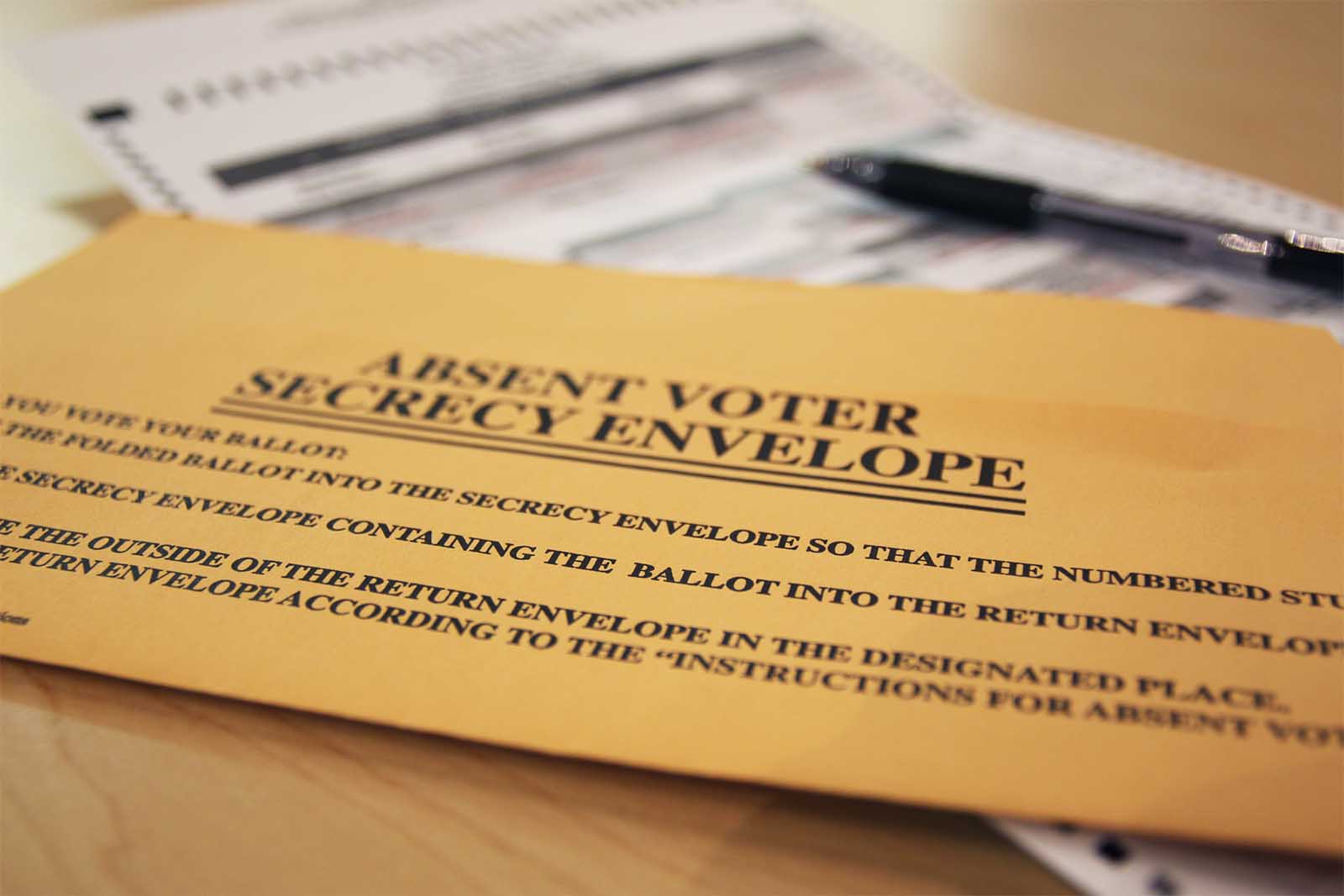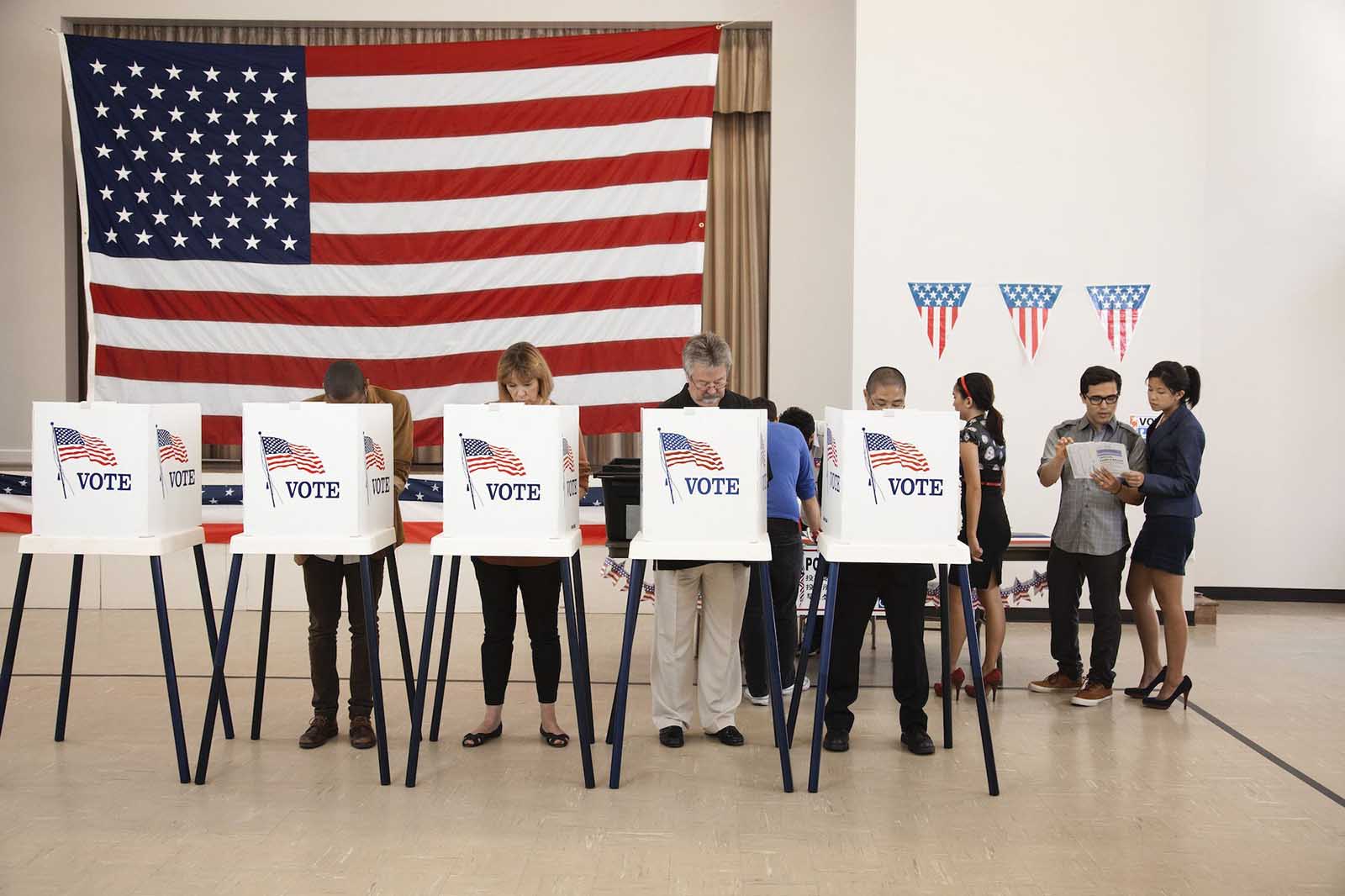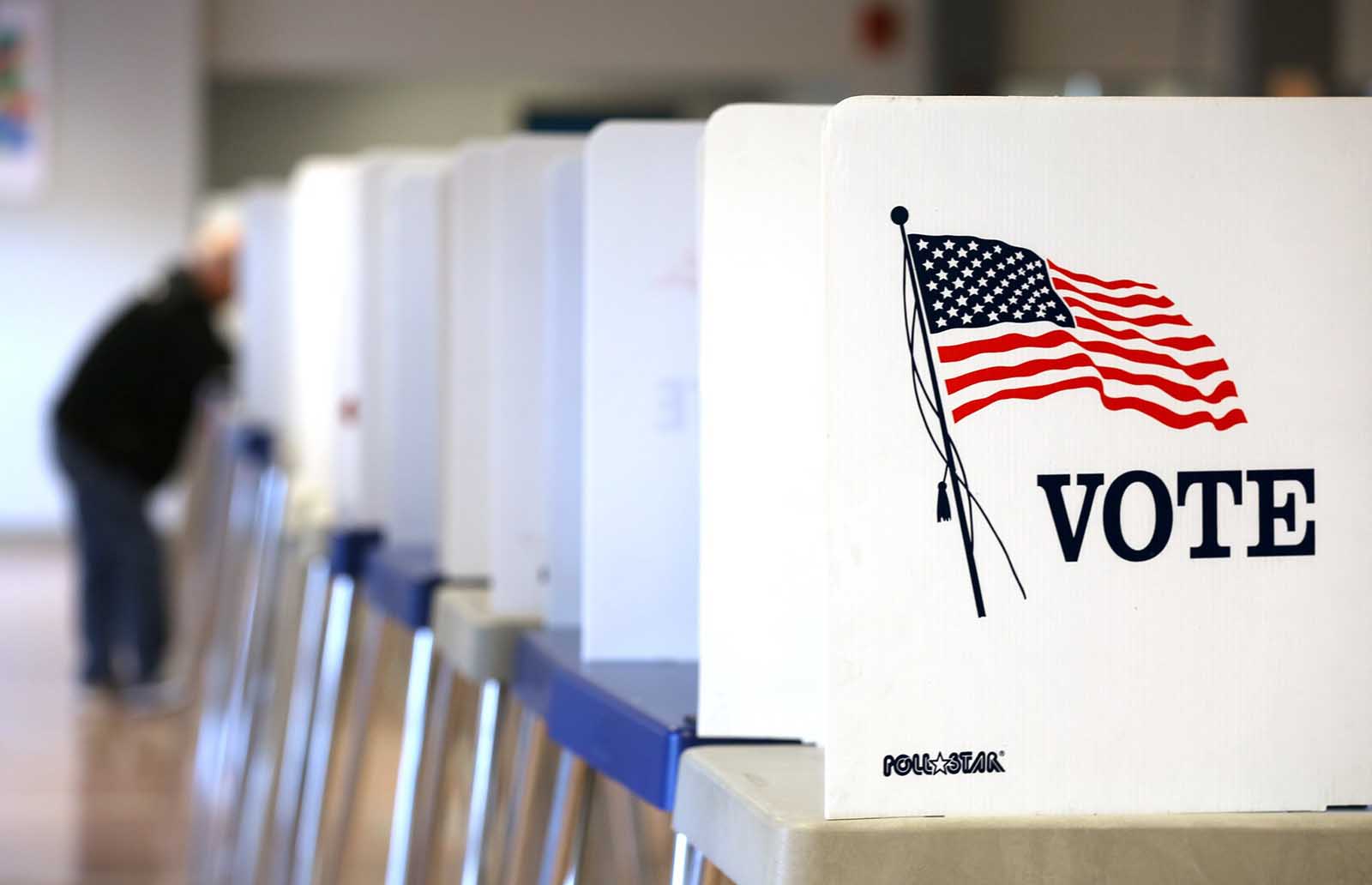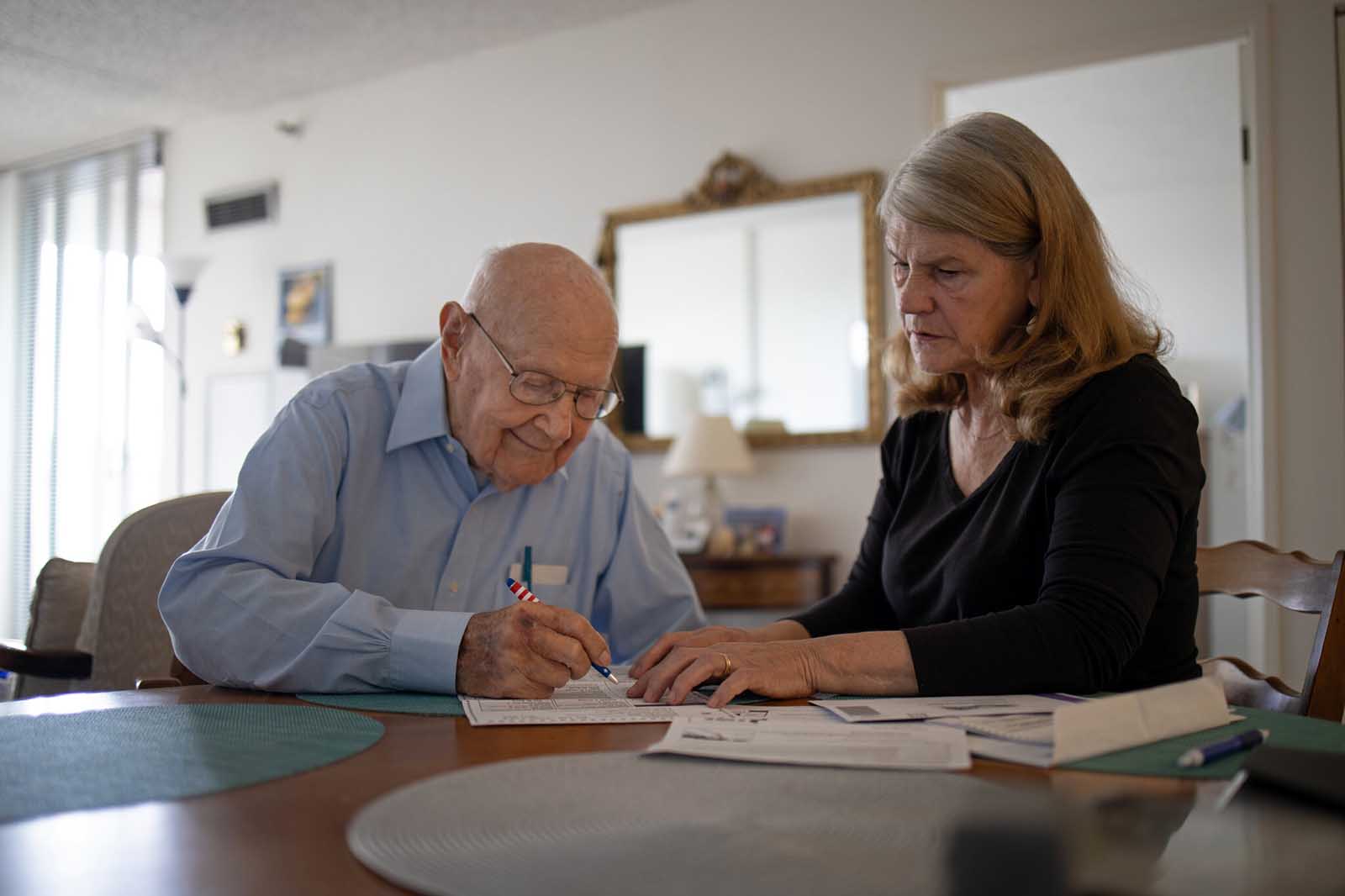
Has a U.S. election ever experienced fraud? Previous cases explored
Election fraud is the hot buzzword right now in the U.S. as the government investigates cases of fraud in the 2020 Presidential election. President Donald Trump and his campaign claim several key battleground states faced election fraud in the form of mail-in ballots and fraudulent ballot counting.
As the current administration gets to the bottom of these claims of voter fraud, many are wondering the history of fraud in past U.S. elections. While there hasn’t been any large-spread cases in history, there have been numerous individual cases throughout all fifty states over the years.
According to the Heritage Foundation, there have been nearly 1,300 proven cases of voter fraud since 1979, varying from buying votes to false registrations. While some occurred during presidential elections, most cases occur during local or state elections. This is just a sampling of cases from over the years.

Arizona, 2016
In 2020, Randy Allen Jumper pleaded guilty to attempted illegal voting after voting in two different states. During the 2016 general election, Jumper sent in an absentee ballot in both Arizona and Nevada, attempting to vote twice. For his crimes, Jumper was sentenced to two years probation, a $5,000 fine, and is now barred from voting in Arizona ever again.

Iowa, 2012
Glen Tank was charged with ineligible voting as he voted in the 2012 U.S. Presidential election while on probation for illegal possession of a firearm. In Iowa, if you’re convicted of a felony crime, you lose your privileges to vote, which Tank knew when he was charged previously with operating a vehicle while intoxicated.
Regardless, Tank voted in 2012, and was prosecuted in 2016. Tank was forced to pay a $500 fine as well as court costs and a mandatory surcharge.

Louisiana, 2014
In the 2014 mayoral election of Turkey Creek, Louisiana, incumbent mayor Heather Cloud lost the election by a margin of exactly four votes. During their recount, officials discovered the campaign of Bert Campbell bribed four mentally handicapped individuals with cash to vote for Campbell. Specifically, Campbell’s campaign manager Stanley Leger offered the bribes.
Naturally, Cloud’s campaign challenged the election in court. The Third Circuit Court of Appeals ruled not only should the four votes be thrown out, an entirely new election should be held. In the new election, Cloud won.
In a separate case, Leger pled guilty to illegal electioneering. He was sentenced to six months in prison through a suspended sentence, and eighteen months probation. In addition, Leger also had to pay $500 in fines and $2,000 in restitution to Cloud.

New Jersey, 2010
Former Patterson Councilman Rigo Rodriguez was elected in 2010 thanks to a campaign run by him and his wife. However, it was discovered the two used shady methods to get Rodriguez elected. Mainly, the couple used U.S. election workers as “messengers” to help absentee voters fill out their ballot. In reality, the workers would bring the ballots to the Rodriguez couple to fill out and submit on their behalf.
As state police began investigating the claims of election fraud, Rodriguez told workers to lie to get police off the scent. The couple was finally arrested in December of 2010 and charged with conspiracy, election fraud, mail-in ballot fraud, and witness tampering. Rather than face more serious punishment, the couple entered New Jersey’s Pre-trial Intervention Program instead.

Pennsylvania, 2003
Mark Cosentino registered to vote & voted in his childhood hometown, even though he was no longer living there. Charged with unlawful voting in 2003, Cosentino was eventually sentenced to six months probation.

Illinois, 2007
While running for an alderman candidate position, Armando Ramos pretended to be an election worker and assisted residents in Chicago to help them fill out their absentee ballots. But while assisting them, Ramos would intentionally fill out their ballot in his favor.
Ramos wasn’t charged until 2010, and pleaded guilty to absentee ballot violations. Sentenced to 270 days in Cook County jail, Ramos is also restricted from ever running for public office again.
—
The investigation into the 2020 U.S. Presidential election is still underway. If you want to learn about some of the claims of election fraud this past year, you can read our coverage on the claims here.



